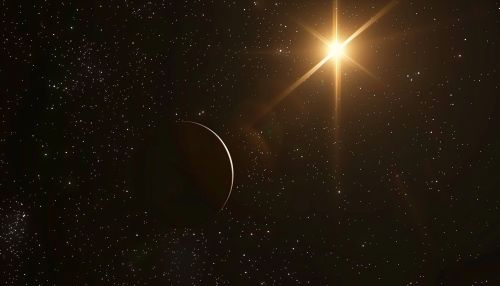Exoplanets
Introduction
Exoplanets, also known as extrasolar planets, are celestial bodies that orbit stars outside the solar system. The study of these planets, known as exoplanetology, has revolutionized our understanding of the universe and challenged many preconceived notions about planetary systems.


Discovery and Detection
The first exoplanets were discovered in the late 20th century, although their existence had been hypothesized for centuries. The discovery of these planets is a complex process that often involves multiple techniques, including radial velocity, transit, direct imaging, and gravitational microlensing. Each of these methods has its strengths and limitations, and they are often used in combination to confirm the existence of an exoplanet and to gather as much information about it as possible.
Classification
Exoplanets are classified based on several factors, including their mass, size, composition, and orbital characteristics. Some of the most common types of exoplanets include gas giants, ice giants, super-Earths, and hot Jupiters. Each of these categories represents a distinct type of planet, with unique characteristics and potential for supporting life.
Habitability and Potential for Life
One of the most exciting aspects of exoplanetology is the search for habitable zones, regions around a star where conditions might be right for life as we know it to exist. This involves studying the planet's distance from its star, its atmospheric composition, and other factors. While no exoplanet has been confirmed to host life, several have been identified as potentially habitable.
Future Research and Exploration
The study of exoplanets is a rapidly evolving field, with new discoveries and advancements being made regularly. Future research and exploration will likely involve more advanced telescopes, both ground-based and space-based, as well as potential missions to these distant worlds.
